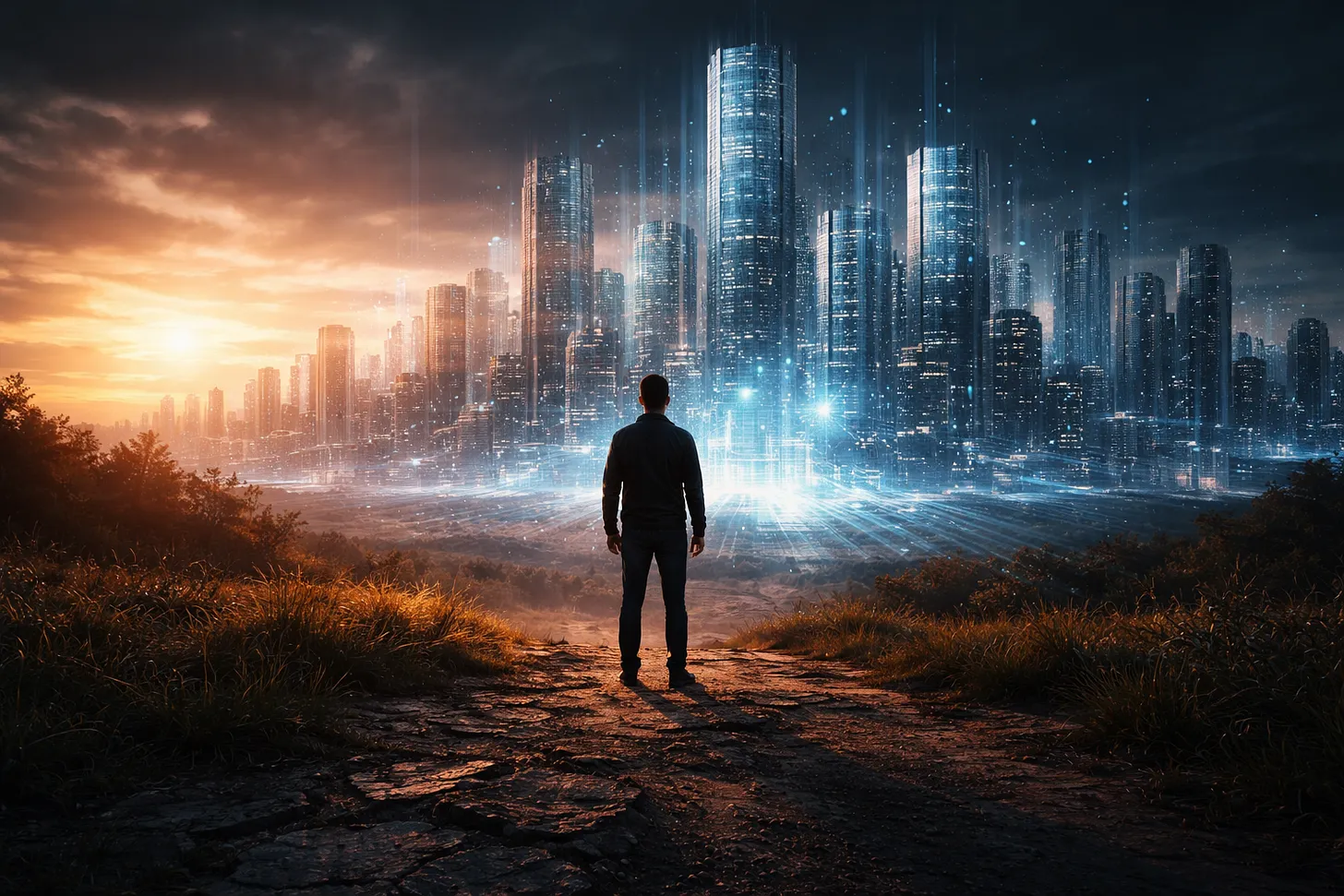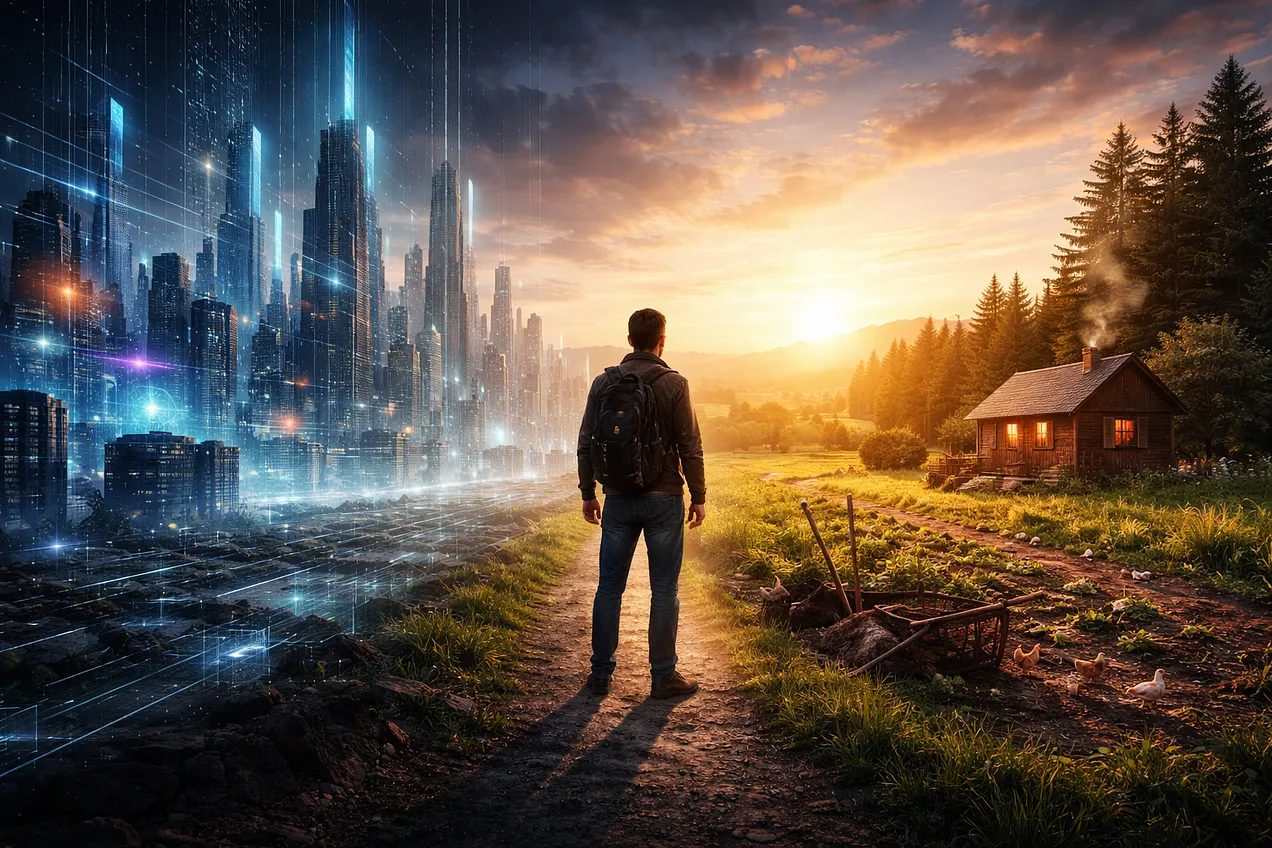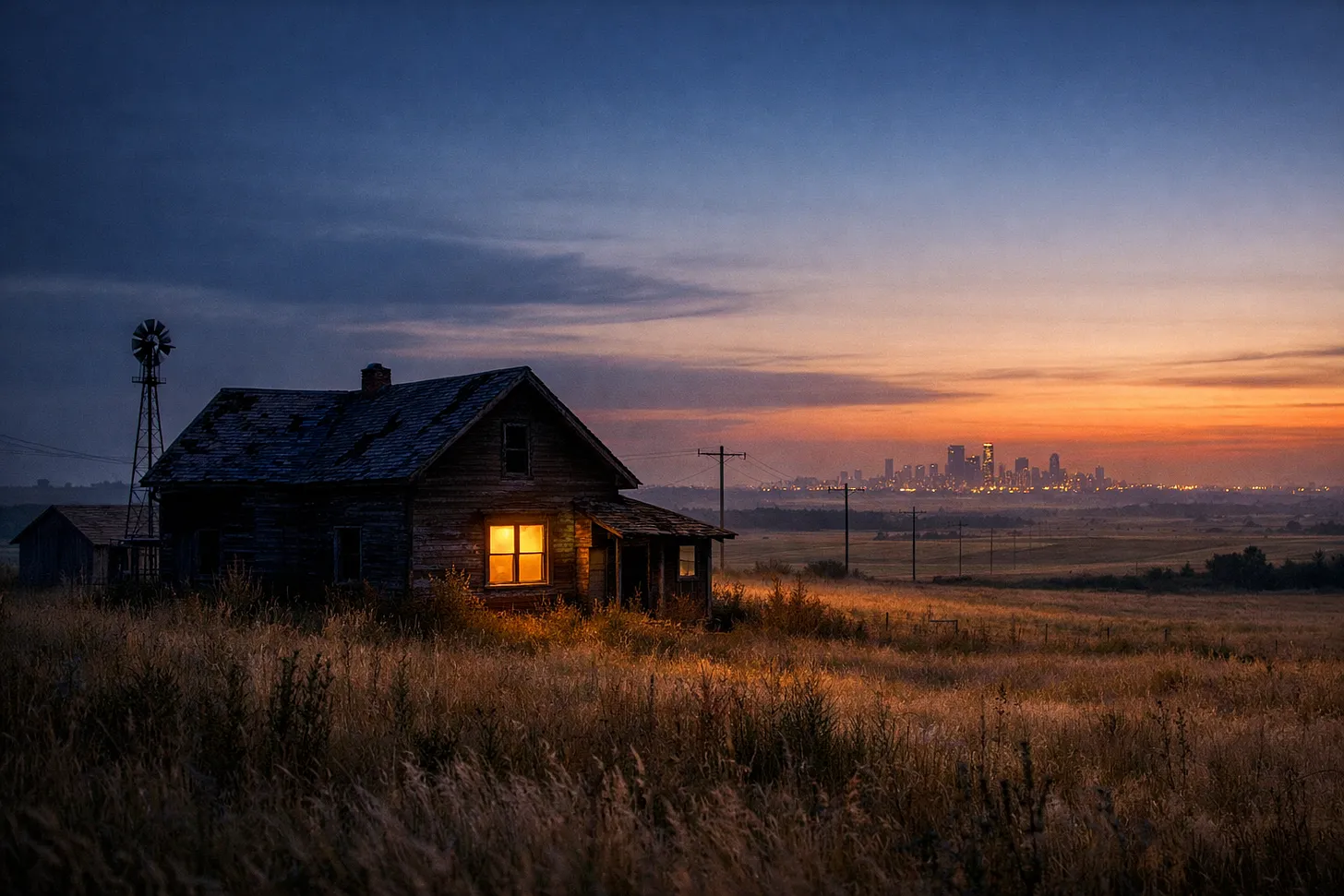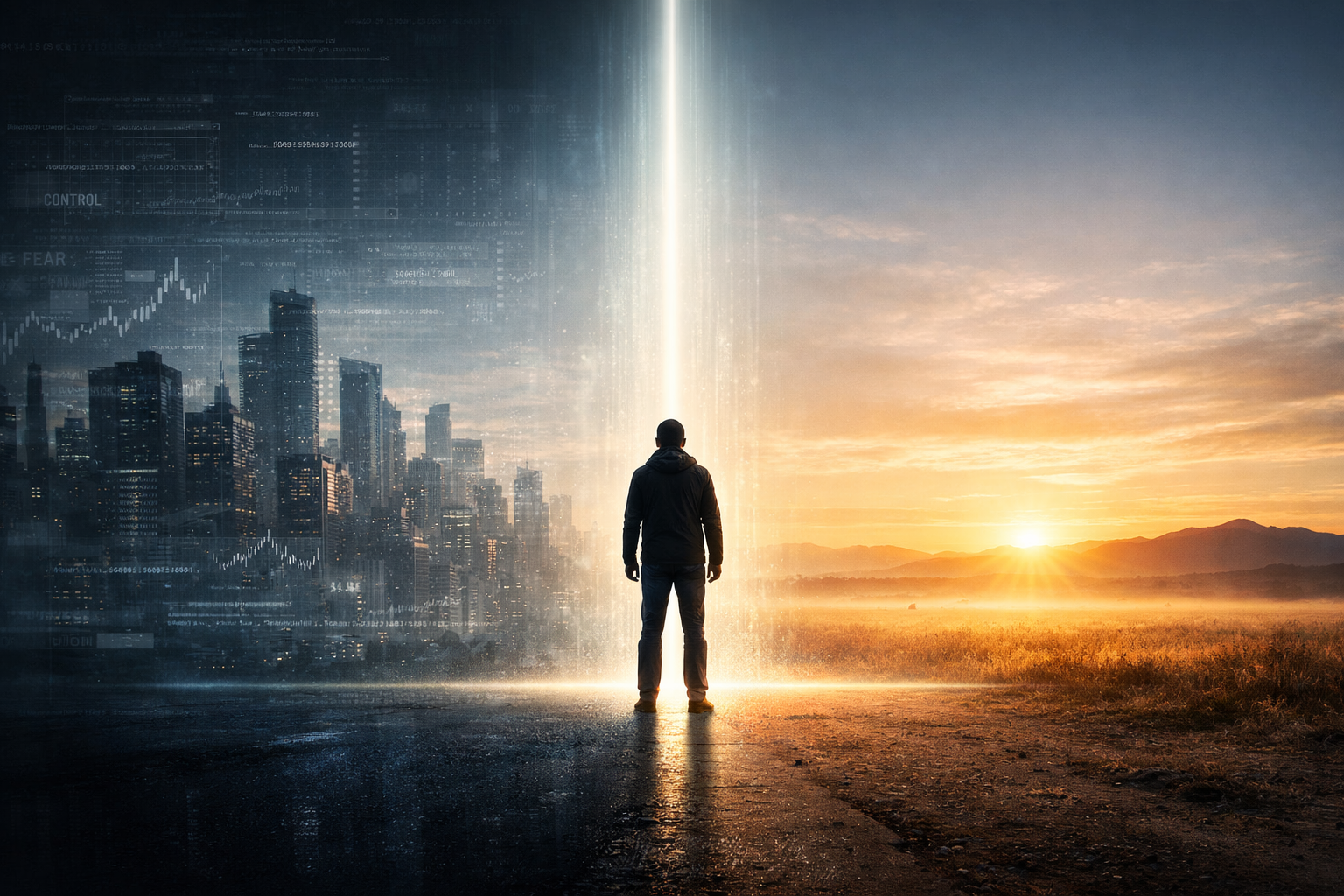There is a subtle pressure in the air now — not loud, not overtly tyrannical, but pervasive. It hums through headlines, through price spikes at the pump, through glowing screens that promise relief while quietly redrawing the boundaries of human agency. We are told this is progress. We are told this is inevitable. Yet beneath the acceleration lies a deeper question — not whether technology advances, but whether we are advancing with it, or dissolving into it. This discourse is not a battle against tools, but an inquiry into sovereignty in an age that rewards surrender.
Category: Lux Colloquii
Ongoing series of discussions with ChatGPT.
Ownership and Identity: From Participation to Authorship
The present moment feels less like a sudden rupture and more like a long-building pressure finally finding seams. Beneath the noise of politics, markets, and cultural spectacle, something quieter is unfolding — a slow recognition that participation is not the same as authorship, and comfort is not the same as stability. Many capable people sense that the structures they were told to inhabit no longer nourish them, yet they lack language for the unease. What emerges, then, is not rebellion but re-orientation: a search for ground, for continuity, and for a way of living rooted in responsibility rather than abstraction.
The Quiet Recalibration: Parallel Foundations and What Collapse Actually Looks Like
Abandoned towns. Fractured narratives. Institutions straining beneath their own abstractions. We are living in a moment where the scaffolding of modern life feels less permanent than we were promised — and more conditional than we assumed. Beneath the noise, beyond the outrage cycles and ideological theater, something quieter is unfolding: a recalibration. Not rebellion. Not collapse. A remembering. Of land. Of skill. Of competence. Of the fact that maps change, but reality remains.
The Toxic Soil: Why Reform Never Reaches the Root
There are moments when the surface arguments no longer suffice — when debating policy, incentives, or regulatory capture feels like rearranging furniture in a burning…
Restoring Primary Perception: The 12 Abilities and the Lost Order of Knowing
There is a quiet remembering beneath the noise — a recognition that nothing essential was ever missing, only misordered. What we call learning has too often been layering, not uncovering. The 12 Abilities are not mystical acquisitions but restorations of a native coherence, capacities muted by repetition, urgency, and the steady outsourcing of authority. If there is a path forward, it is not through accumulation, but through reversal — perception before interpretation, stillness before strategy, awareness before identity.




